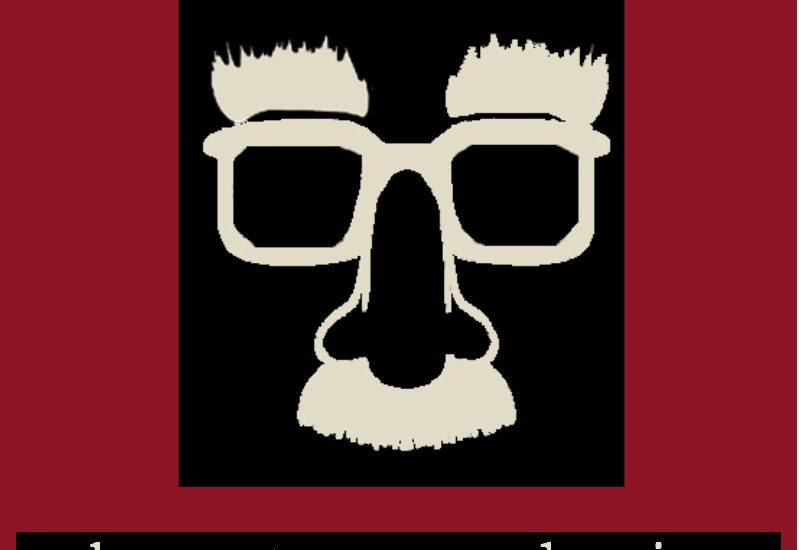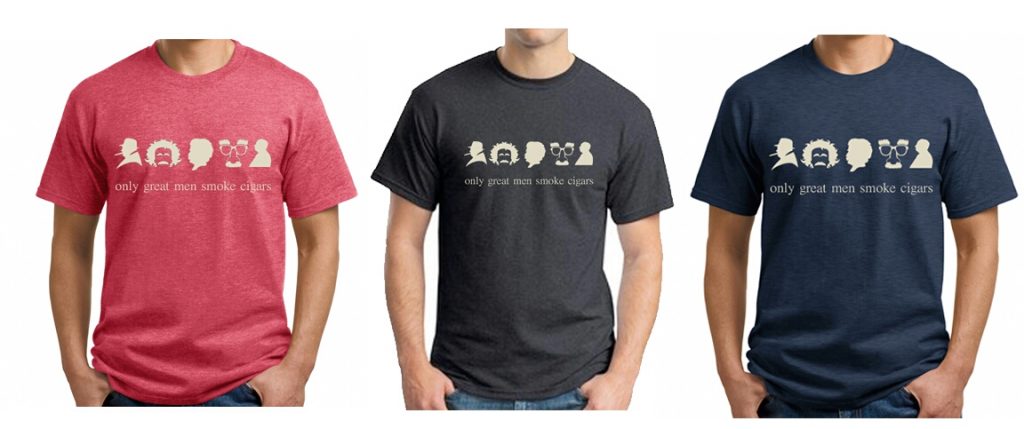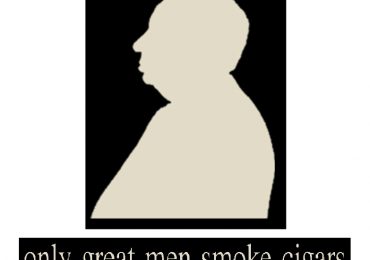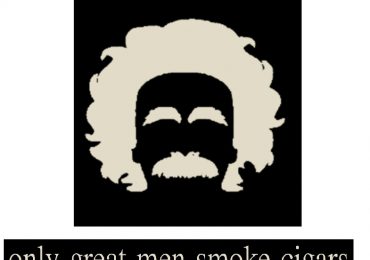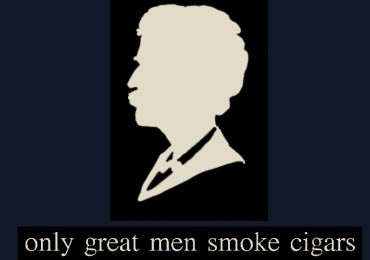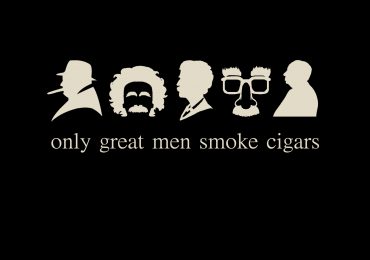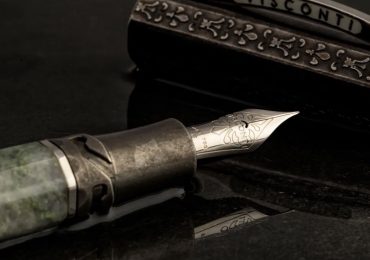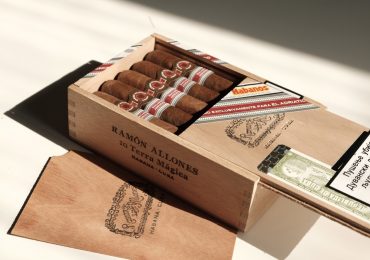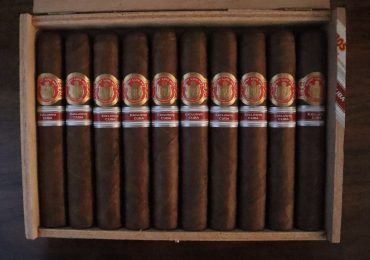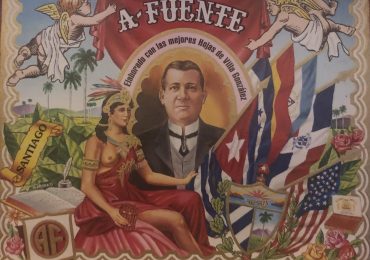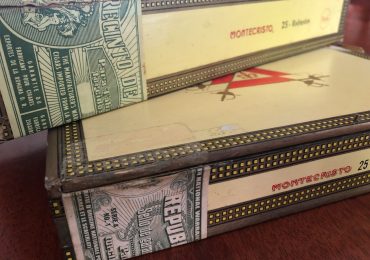The legacy of Groucho Marx, (born Julius Henry Marx) the all-around renaissance man of the stage and screen makes up a foundational pillar of the comedy genre as we know it. Nowadays criminally overlooked, Groucho introduced a novel and daring style of comedy in the early 20th century. The man contributed a unique combination of literary dialogue of high quality, rhythmic mastery of delivery and distinctive physical humor not seen before. From his humble beginnings on the Vaudeville circuit as a young boy, Marx would go on to headline the world of comedy for 7 full decades. Described as a perfectionist, Groucho never ceased honing his craft, appearing on every platform available; from the Broadway stage, to the film studio, to radio and television. Referred to by his admirers and contemporaries as comedy’s original anarchist, Marx famously reveled in his off-the-cuff quips and quick-witted wordplay knocking everyone and everything, and most often with a cigar dangling from his lips.
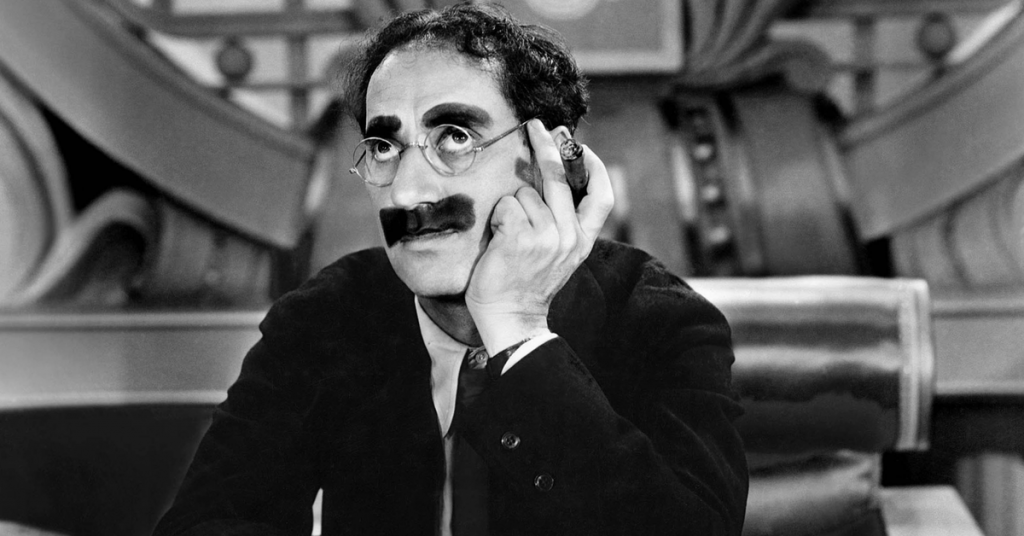
Groucho can be considered the first major performer to integrate the cigar onto stage and screen, with his career straddling the beginnings of sound cinema and television. Alongside his greasepaint moustache and eyebrows, the cigar completed his iconic look. What began as an old acting trick picked up from an older Vaudeville performer, became a professional trademark and in his personal life, his most consistent love-affair. The cigar defined his onstage persona and deeply influenced the development of the comedy genre by demonstrating to the world the comedic potential of the cigar as a comedic prop. Today we can see this legacy in the likes of TV’s most adored cigar-toting funny men, from Kosmo Kramer of Seinfeld to Del Boy of Only Fools and Horses.
As legend has it, the cigar was introduced to a 15-year old Groucho in 1905 by an older Vaudeville performer claiming that it “was the most useful prop an actor could carry on stage”. As Groucho would explain “If you forget a line, all you have to do is stick the cigar in your mouth and puff on it”. With the proverbial torch passed on to him in adolescence, Marx integrated the cigar into his craft early on, popularizing its use as a mnemonic device to remember lines on stage. As if prophesying the dominant role the cigar would have in his life, Groucho would be introduced to the cigar the same year many credit his career to have started, in 1905 working as a boy singer in the Vaudeville group “The Leroy Trio”.
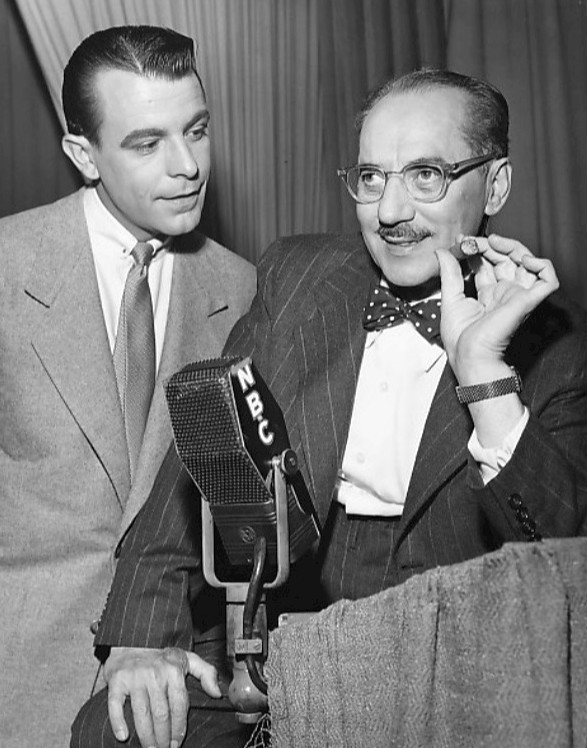
A well-known anecdote that encapsulates the young Groucho’s snappy demeanor comes to us as he’s saving to purchase a dime cigar, the long defunct 1920’s Cuban brand “La Preferencia”. Seduced by the advertising promising “30 minutes in Havana”, Groucho purchased one only to discover that it burned for only 20 minutes. The disgruntled adolescent returned to the shop demanding a refund for false advertising. It wasn’t until Groucho reached the 5th replacement cigar that the shop-keep showed him out suspecting himself of being swindled.
It is well documented that the young Groucho could only afford Nickel cigars early in his career. From the back-breaking demands of Vaudeville, a notoriously underpaid profession in the 1920’s, where actors were often stiffed of their paychecks by theater owners, Groucho neither had the finances nor the leisure time he craved to ponder the blue smoke. These humble beginnings would go on to shape the man’s future smoking habits even upon gaining considerable fame and fortune in the 30s and 40s.
Despite his established wealth later in his career, Marx was always modest in his smoking, his ritual including a light smoke following lunch and a fuller bodied vitola for after dinner, his personal favorite, the Dunhill 410. The man was as sincere in his enjoyment of his cigars as was his mastery of patience and restraint, making each smoke an event in and of itself. A non-negotiable understanding that sometimes landed him in hot water, as his son Arthur recounts. When his third wife denounced the aroma of his “stinky old cigar” suggesting an “it’s either me or the cigar” type ultimatum, Marx famously fired back with Rudyard Kipling’s quote “A woman is only a woman, but a cigar is a smoke!”. For all his wit and charisma, Groucho’s often caustic tongue would estrange the man from his spouses. Convinced in his own philosophy of moderation in smoking, not even the doctors’ orders could dissuade the man from his passion, later in life.
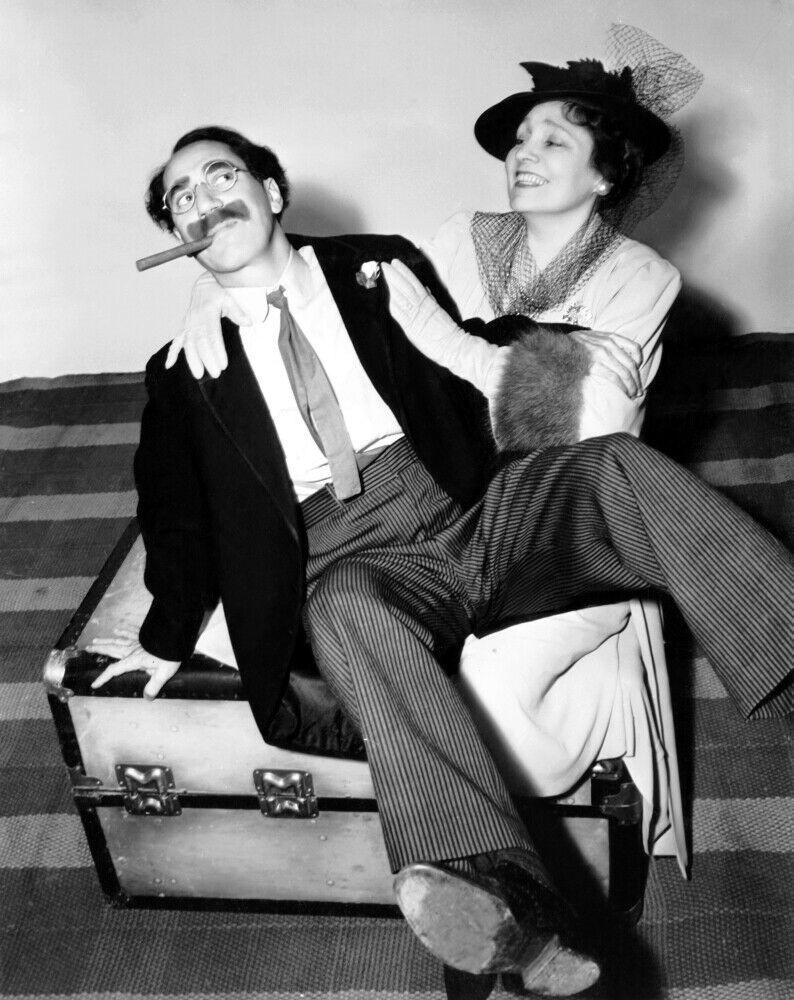
Whereas his cutting sardonic quips were much less appreciated at home, on stage he was unstoppable. In what was a complete shock to Groucho, he recalls that following the Marx brothers’ 1924 Broadway debut with “I’ll say she is” the crowd had rejoiced throwing their hats in the air at curtain call. The stage persona he had crafted running late for a performance, sloppily applying greasepaint eyebrows and a mustache (in addition to his cigar) became the perfectly disarming visual for his risqué humor. Marx fearlessly poked fun at the sacred cows in high society, never shying away to criticize pomposity and the social mores of the times. This is seen in Groucho’s relationship with Margaret Dumont’s character Mrs. Rittenhouse, the wealthy dowager constantly the target of his financial schemes and insults. The distinctiveness of Groucho’s comedy is its capacity of being cutting yet disarming. It’s the exaggerated features, and the broad physical comedy that mitigate his morally dubious character for audiences. Whether he’s hijacking an anatomy class or assuring a husband that he’s only the plumber in case “something goes wrong with (his wife’s) pipes” in Horse Feathers (1932), his manipulation of the cigar prop add a comic dimension that make the double-entendres go over very well.
Fulfilling the prophecy of his old career mentor introducing him to the cigar as a prop, Groucho reiterated it’s importance in keeping “his hands busy when he wasn’t talking”, or as merely “something to stick in his mouth” a theatrical tool that was expertly maneuvered to maximize the comic dimensions of his character whether to punctuate zingers or communicate emotions. His cigar acted as a sort of disarming talisman, even in his late career hosting the game show “You bet your life” where it was the subject of a humorous urban legend.
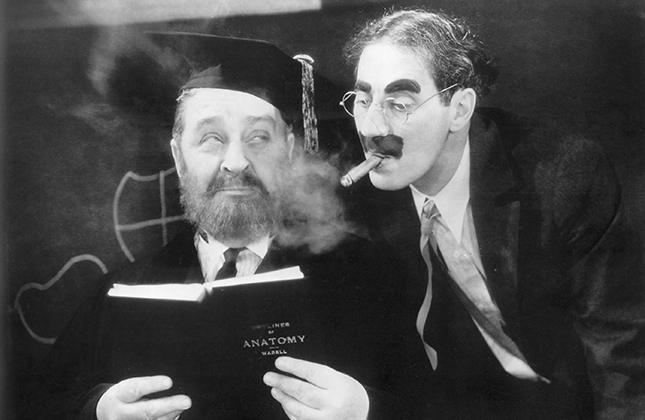
Robert Greig and Groucho Marx
In 1947, Groucho would ask a contestant, Mrs. Story, introduced as having 17 children, why she decided to have so many children. She responded “Well, because I love my children and I think that’s our purpose here on Earth, and I love my husband.” To which Groucho quipped back “I love my cigar, too, but I take it out of my mouth once in a while”. Whether this event actually happened was hotly debated and was uncritically picked up in his 1976 autobiography “The secret word is Groucho”. What the legend does demonstrates is the deep connection of the snappy sardonic wit of the comic and his cigars, in the public imagination.
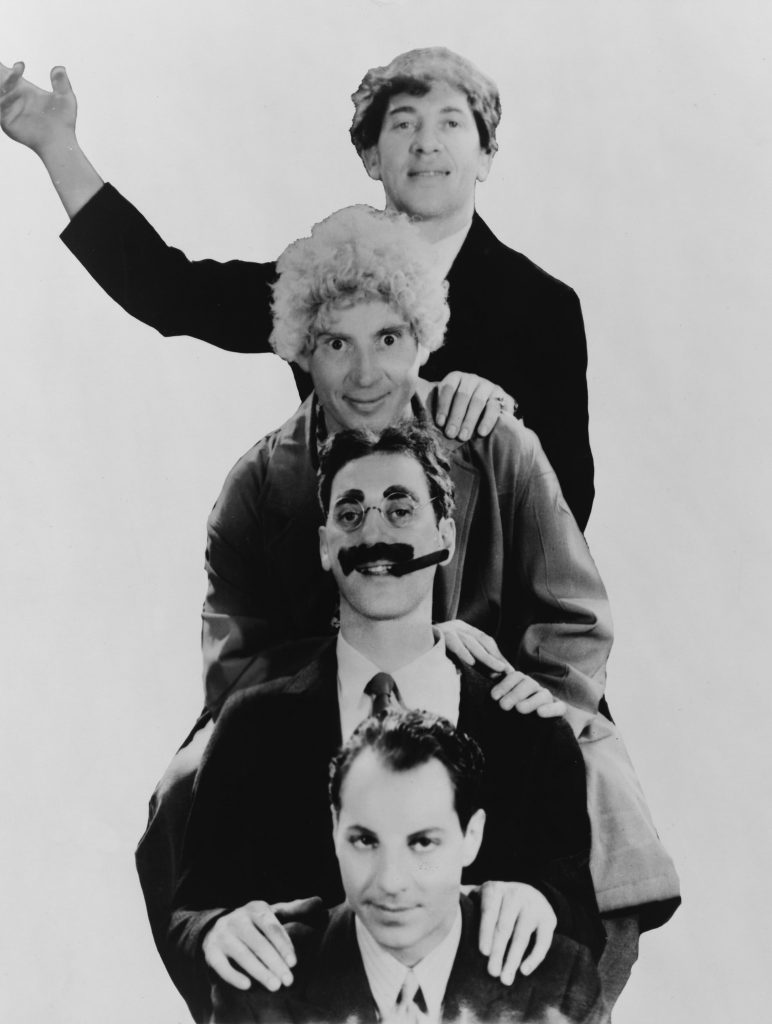
Groucho would live to a ripe age smoking well into his 80’s. When his son asked if the doctor had permitted him to keep up the habit, Groucho replied “How can I ask him? He died three weeks ago!”. A perfect retort, summarizing the man’s dark humor, and the personality of a legend who was just as much of a juggernaut of comedy as he was a cigar icon.
Read the next part of our series on Albert Einstein. Preview:
In the 4th part of the series, a close look at how pipe had such a big impact on one of the greatest minds in history. After Churchill, Mark Twain, Groucho Marx, here is a spotlight on Albert Einstein. continue reading
——————————————————————————————————————–
In conjunction with our great men series, we are proud to introduce this t-shirt available on our online shop, featuring the silhouettes of Churchill, Einstein, Twain, Marx, and Hitchcock. Pick one up on www.FourteenNinetyTwo.com

